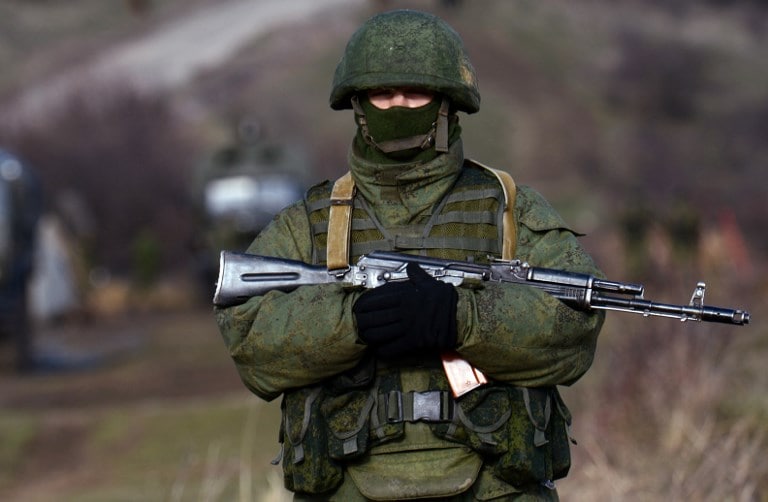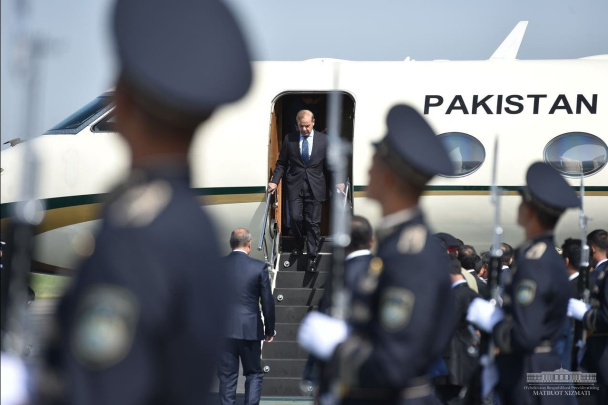In an interview with Daryo.uz on 28 February, Uzbek Ambassador to Ukraine Alisher Kurmanov said that the embassy had not received any information about Uzbeks taking part in the fighting.
“I don’t think there will be any Uzbeks who have taken such an initiative. Our compatriots came here for another purpose, mainly for the sake of subsistence. If there was such information, the Ukrainians would definitely have informed us. But they haven’t come into contact with us either,” Alisher Kurmanov said.
Earlier, on February 25, a video was posted on social media showing an Uzbek-speaking driver driving a truck carrying Russian troops to the Donbass region.
Nastoyashchee Vremya, citing foreign media, reported that Russia was recruiting Uzbek migrants. It is also reported that Uzbek migrants are finding similar jobs in the Russian army through the UzMigrant website. The reason why migrants agree to work in the territory of military operations is the reason for the rapid acquisition of Russian citizenship or a large salary.
UzMigrant did not help migrants find work in the Russian army, but said it was a legal information service for Uzbek-speaking migrants in Central Asia.
“We do not encourage any citizens (whether Uzbeks or citizens of other countries) to join the fighting in Ukraine. We do not cooperate with any military or paramilitary structures,” UzMigrant said in a statement.
For information, the Criminal Code of the Republic of Uzbekistan establishes liability for employment-related offenses under two Articles.
In particular, according to Article 154 of the Criminal Code, a person, who is not a citizen or military serviceman of the disputing state or is not authorized by any state to perform official duties in the armed forces and takes part in hostilities on the territory of another state for material gain, may be punished by imprisonment for a term of one to ten years.
This article also contains liability for training or providing material support to the hired person.
Article 154-1 of the Code defines the responsibility for entering the service of the militarized bodies of foreign states.






